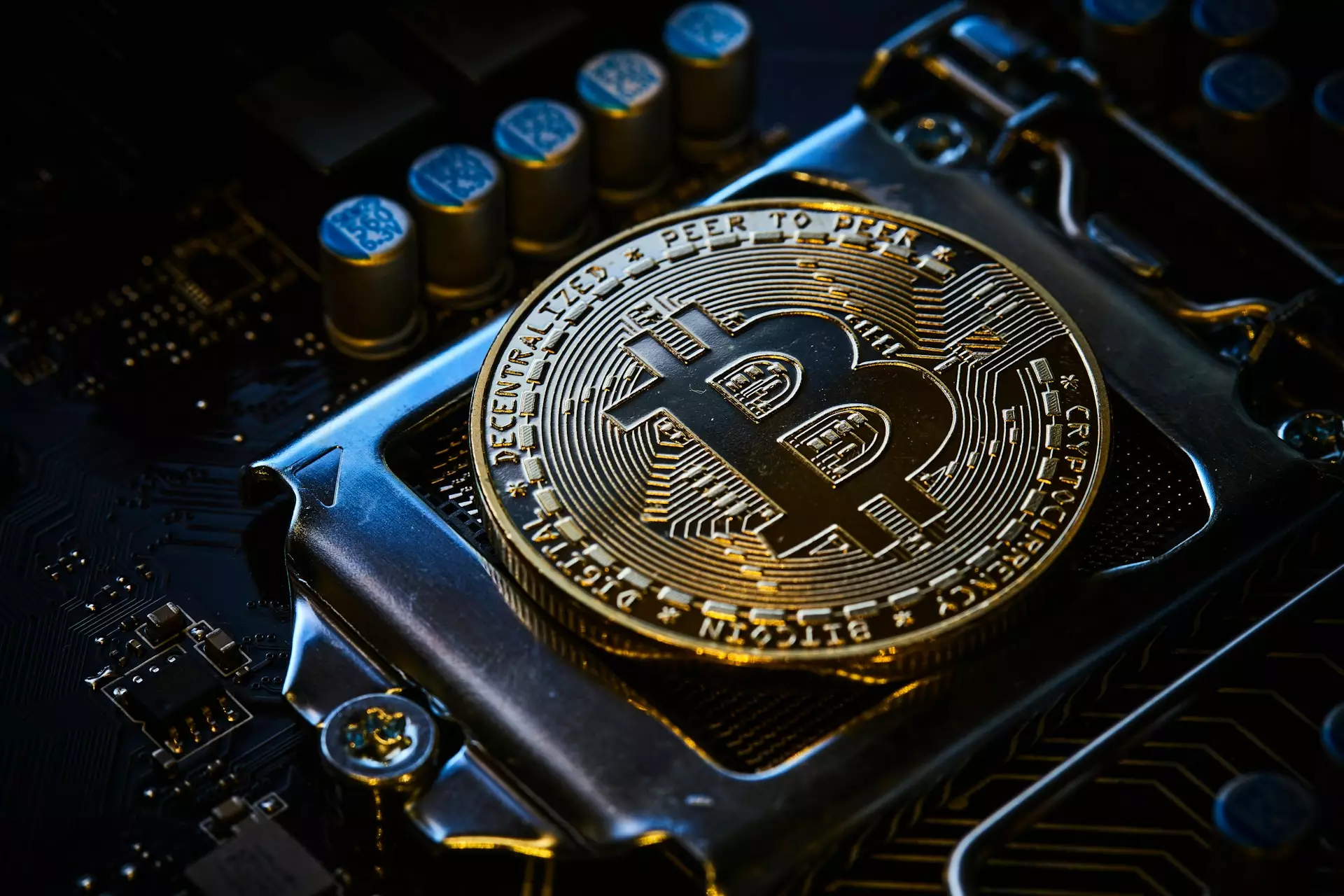In an era defined by geopolitical tension and economic uncertainty, tariffs imposed by nations have become a key tool for policymakers. The recent announcement from President Donald Trump regarding a 90-day pause on tariffs, affecting a range of countries while sharply increasing tariffs on China, has sent ripples through global markets. Although this may appear to be a strategic “cooling-off” period, designed to mitigate escalating trade wars, it has immediate consequences that deserve scrutiny. Tariffs affect everything from consumer pricing to market stability, and the far-reaching outcomes of such a decision demand a careful analysis.
The Rollercoaster of Financial Markets
One cannot ignore the dramatic volatility experienced in financial markets around the announcement. Bitcoin, for instance, shot up 6.1% in a matter of moments, darting towards the $83,000 threshold, fueled by a wave of optimism among traders and investors. Such rapid price movements bring forward a double-edged sword; while many may find temporary solace in these rising trends, it also reflects a troubling dependency on government announcements to drive market performance. Are we witnessing a drastic rise in speculative actions, driven by fear and hope rather than fundamental growth? The S&P 500 also surged, highlighting the short-term gains investors are precariously chasing, only to risk an inevitable plunge when the foundational reasons for these increases remain unresolved.
The Tariff Imbalance: An Unnecessary Provocation
When Trump decided to raise tariffs on China to an astronomical 125%, it served as an immediate flex of economic power that inspires a mix of admiration and concern. The underlying message—that China is being treated as a less respectable player in the global market—bears heavy implications. Elevating tariffs on one nation while granting a reprieve to others may temporarily curry favor from some domestic audiences. However, the long-term ramifications risk alienating not just international allies, but put American consumers at jeopardy of increased prices and decreased goods availability. This tactic is not merely a negotiation strategy; it is an unnecessary provocation that serves to inflame tensions rather than resolve them.
Negotiation or Political Theatre?
The timing of the pause announcement raises questions about the true motives behind it. With 75 nations reaching out to U.S. representatives, one might interpret this as a chance for open dialogue and reforming trade practices. However, one must consider the possibility that this is merely political theatre aimed at showcasing an administration that is ‘doing something.’ Instead of a thoughtful dialogue around trade equity, we are left with unilateral moves that complicate relationships. Is this a gambit to position the President as a negotiator, even if the negotiations are rife with inconsistency and lack of commitment?
The Dangers of Short-Sighted Optimism
While the temporary calming effect on market volatility may evoke feelings of optimism among traders, it simultaneously invites potential pitfalls. The surge in crypto holdings and stocks, though alluring, is a façade that could evaporate just as rapidly once the underlying instability persists. Investors, eager to capitalize on immediate gains, often overlook the cautionary signals that accompany such swift changes—like the recent fall of Bitcoin to a five-month low. Are we placing too much faith in fleeting moments of strength at the expense of sustainable economic relationships?
The announcement of a temporary tariff pause sets forth an intriguing scenario filled with opportunities for negotiation, but it is caged within a cycle of dramatic sentiment-fueled fluctuations. The essence of true economic stability lies not in sporadic market reactions to political announcements, but in thoughtful policy that balances negotiation with respect for global economic interdependence. This pivotal moment is not just about tariffs—it is about the vision we hold for our economic future in an increasingly interconnected world.

